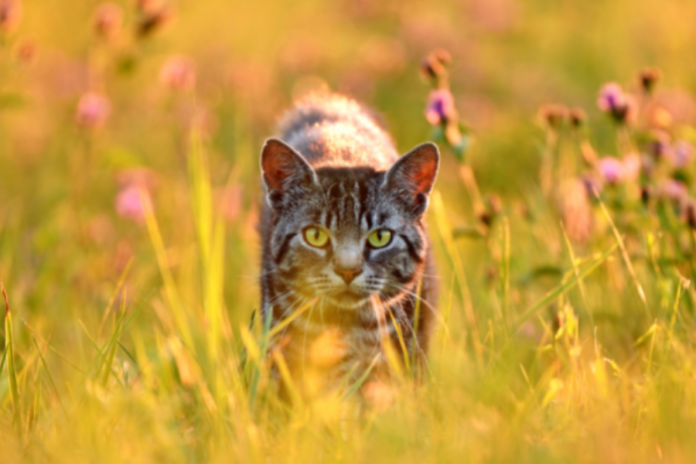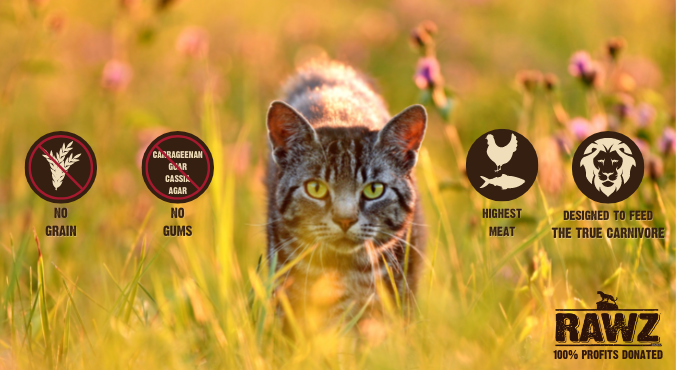Why your cat is an obligate carnivore

As obligate carnivores, cats thrive on meat-based diets. Read on to learn why cats are strict obligate carnivores, how this affects their biology, and more.
WHAT IS AN OBLIGATE CARNIVORE?
There are three distinct groups of eaters in the animal kingdom: carnivores, herbivores and omnivores. Carnivores thrive on meat-based diets, herbivores on plant-based diets and omnivores on both meat and plants. An obligate carnivore is one that depends entirely on meat because their diet requires nutrients that are only found in animal flesh. According to National Geographic, plants do not provide enough nutrients for an obligate carnivore, and their body is unable to digest plants properly. Most carnivores are not obligate carnivores.
BIOLOGICAL FEATURES OF OBLIGATE CARNIVORES
The anatomic and physiologic adaptations of a cat include unique characteristics that make it easier to eat a meat-based diet. Generally thought of as hunters, cats have evolved by eating raw prey immediately after it has been hunted. A cat’s digestive tract is short compared to other types of eaters, and it is designed to digest protein and fat quickly. The necessity of eating meat, which may involve hunting live prey, makes sharp teeth and claws a common adaptation of obligate carnivores. Cats have four front canine teeth that help them grip and bite into flesh, and their strong jaw is extremely helpful to facilitate ripping the meat from prey’s bone and to aid in shredding the meal.
METABOLIC ADAPTATIONS
As carnivores, cats thrive on a diet consisting primarily of meat. However, unlike herbivores or omnivores, cats are less able to adapt to wide ranges in dietary composition. Feline-Nutrition explains that a meat-only diet offers some vitamins and fatty acids in a preformed state. Since cats can get these nutrients from the animals they are eating, their bodies no longer have the ability to make certain vitamins and amino acids like herbivores or omnivores can. Cats have a dire biological need for niacin, taurine, vitamin A and arginine, all of which can be found in meat sources.
NUTRITIONAL NEEDS FOR CATS
Unlike humans and many other animals, cats can get adequate energy from protein and fat and have no minimum requirement for carbohydrates. Cats, however, do have a minimum glucose requirement, primarily to supply energy to the brain with glucose being derived from carbohydrates. Fat and protein provide cats with much more than energy. Fats facilitate the absorption of fat-soluble nutrients while protein is truly the building material of a cat’s new body tissue.
While proteins can come from plant matter, animal sources are best for the completeness of their amino acid profiles. Amino acids allow proteins to be used by the animal in growth and regeneration. There are essential amino acids that a cat must get from what they eat, and non-essential amino acids that a cat’s body can synthesize.
CAN MY CAT BE VEGAN?
Because cats are obligate carnivores, the ASPCA advises against a vegan diet. “Feeding a cat a plant-based diet is a lot like feeding a cow a meat-based diet — their digestive system isn’t geared to handle it, and they will not thrive on it.” If you are interested in a vegan diet for your cat, you should talk to your vet before making any adjustments to your cat’s food.
To read the full article on Why Your Cat is an Obligate Carnivore as it first appeared on the RAWZ Natural Pet Food site, please visit https://rawznaturalpetfood.com/obligate-carnivore-cats/





